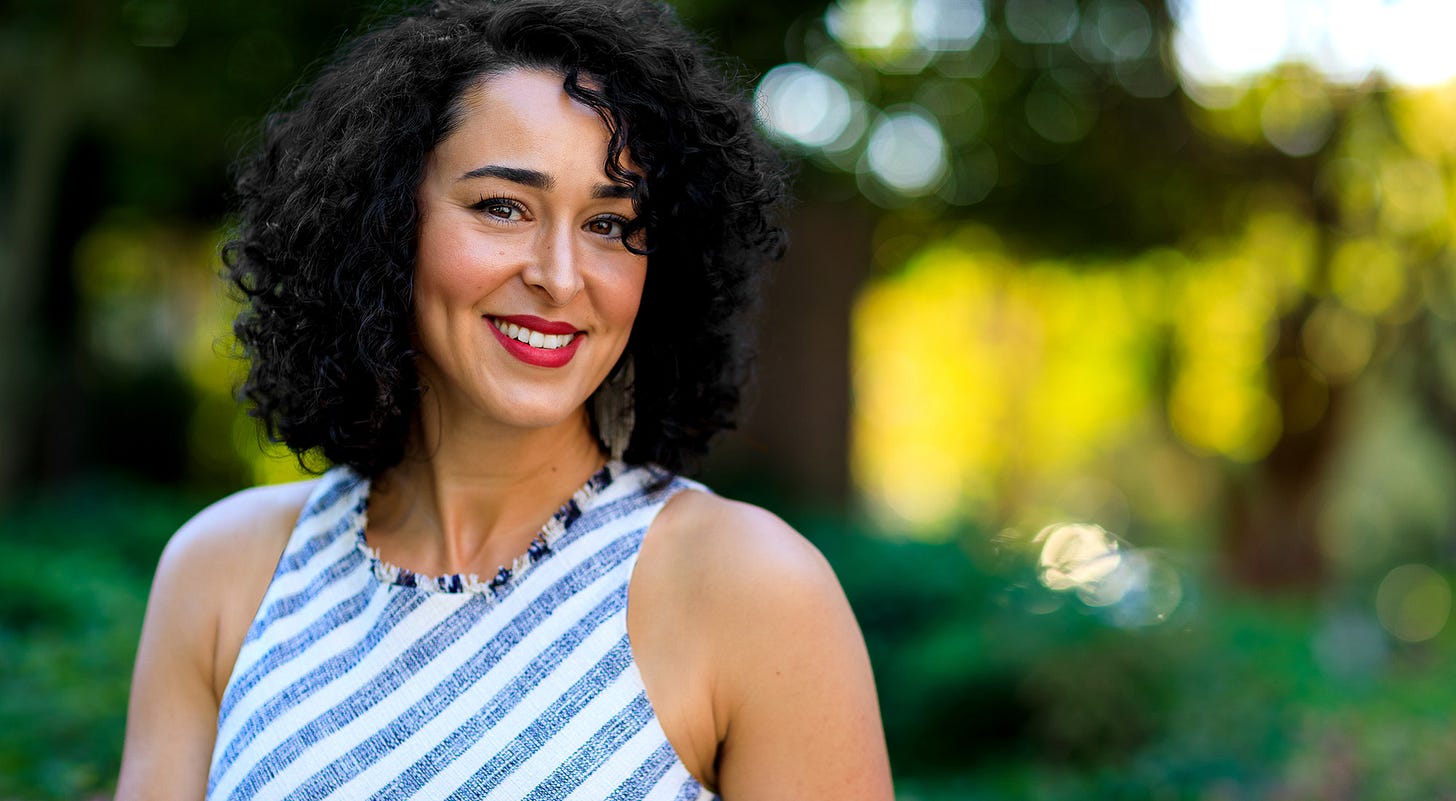About Sasha Ayad, M.ED., LPC
Sasha Ayad is a Licensed Professional Counselor who works in private practice, and has treated adolescents for over 13 years. Her work focuses on teens and young adults struggling with issues of gender dysphoria and gender identity. She became interested in the sharp rise in teenagers who declare a trans identity for the first time during adolescence. She discovered, through working with hundreds of families, that teens were developing gender dysphoria only after adopting a transgender identity. She questions the practice of medical transition for children and teenagers, and her clinical work focuses on developmentally appropriate, least-invasive-first talk therapy.
She is the co-host of Gender: A Wider Lens Podcast and a founding board member of several organizations including Society for Evidence-based Gender Medicine, The Therapy First and Genspect. She recently co-authored the book When Kids Say They’re Trans, available throughout the UK and the US.
Sasha’s previous work experience includes:
School counselor for middle- and high-school students at a charter school for underserved communities
Behavioral therapy with children on the autism spectrum
Individual and group counseling for women and children impacted by domestic abuse and sexual violence
Developed and ran the first counseling program at a large state supported living facility for adults with intellectual disability
Sasha holds a B.S. in Psychology and an M.Ed. in Counseling Psychology.
Curriculum Vitae available upon request.
How I Came to Work with Gender + Identity Issues
In 2014, I was a school counselor working with low-income and at-risk youth. There, I founded and led our first GSA, or Gay-Straight Alliance. It attracted students from multiple grade levels and the group was full of bright, creative, and engaged kids – truly inspired teens. I always tried to be watchful and nuanced when framing our discussions because of how sensitive and impressionable teenagers are. I quickly noticed that the kids were expressing a lot of confusion. Specifically, they got into animated conversations about the growing list of divergent (and sometimes bewildering) gender identities and sexualities being introduced by mainstream LGBT advocates. I remember one meeting in particular: a girl told the group about a set of bracelets she had seen online. Each one is a different color, worn to supposedly indicate what gender you are “identifying as” that day – so others know what pronouns to use when addressing you. She seemed puzzled and asked us, “I mean, how exactly can you feel like a boy, or a demi-girl, or non-binary? Are they talking about emotions, like if I’m feeling kinda angry and aggressive, does that mean I’m identifying as a guy that day? Or like, what kind of clothes I am wearing?” Other students chimed in, agreeing, and we had a thoughtful and interesting conversation about what it could mean to have a gender identity. We couldn’t reach a satisfying conclusion, perhaps because gender identity is complex and multifactorial.
Interestingly enough, a few years later, one of the young women who couldn’t even fathom the notion of gender identity, now suddenly claimed she had a new one herself – she had come to identify as a “trans boy.” Apparently, she had made this self-discovery after spending a lot of time online trying to learn more about gender identity, precisely because she didn’t understand it and wanted to be a good ally.
The iatrogenic nature of this cycle seems clear and deserves more research, but mainstream medical and mental health organizations have been largely silent about the potential causality in this relationship. I have been speaking up about this phenomenon since 2016. Through appearances, writing, workshops, and my podcast, which I co-host with Stella O’Malley, Gender: A Wider Lens, I advocate for psychological exploration first, rather than starting with a social and medical “affirmation.”


